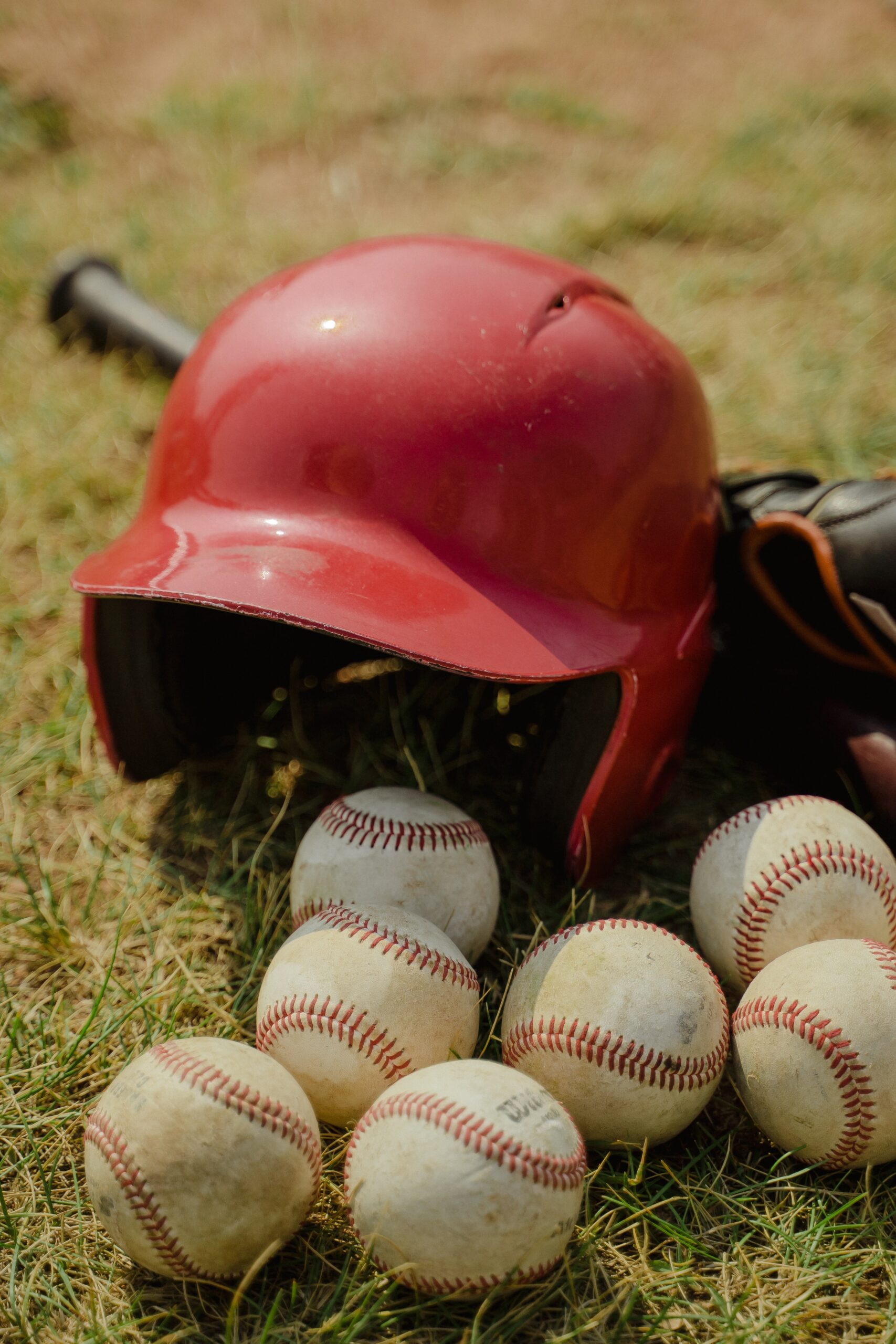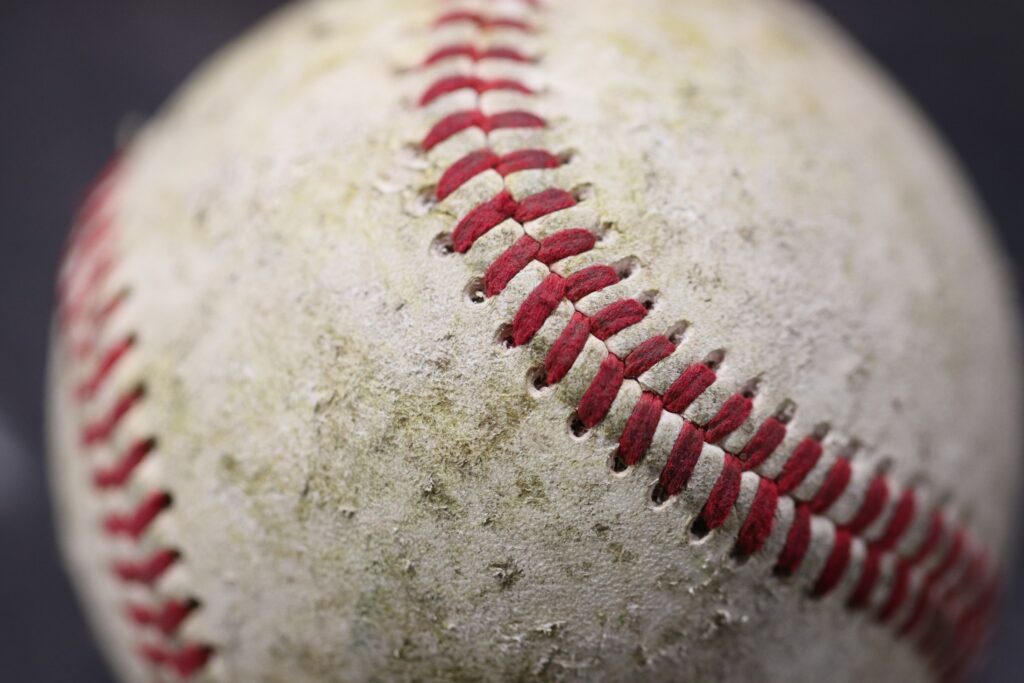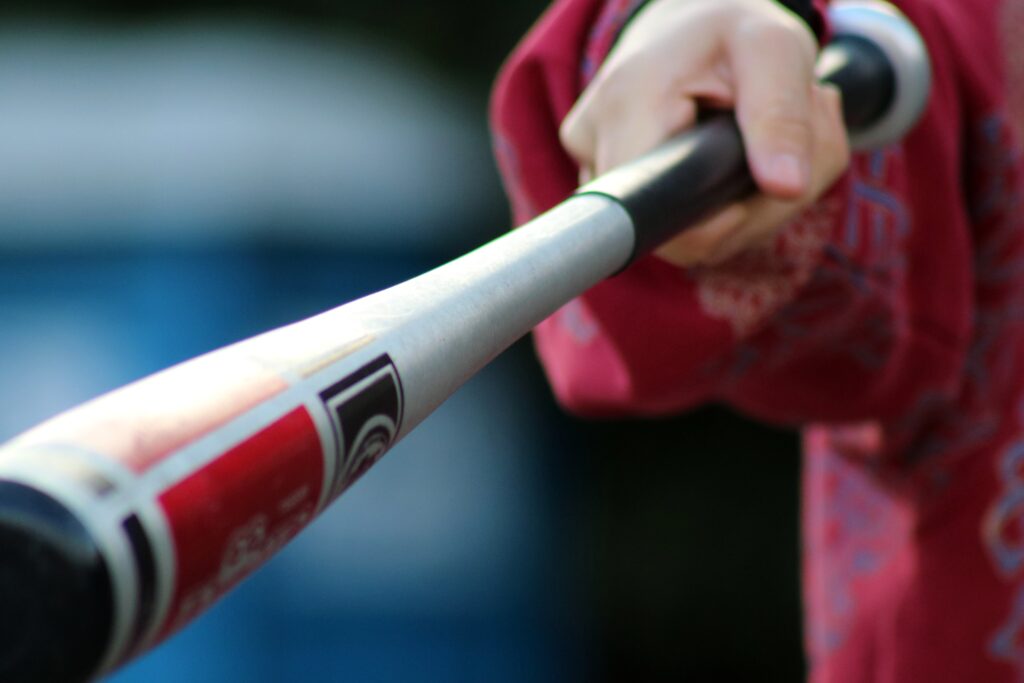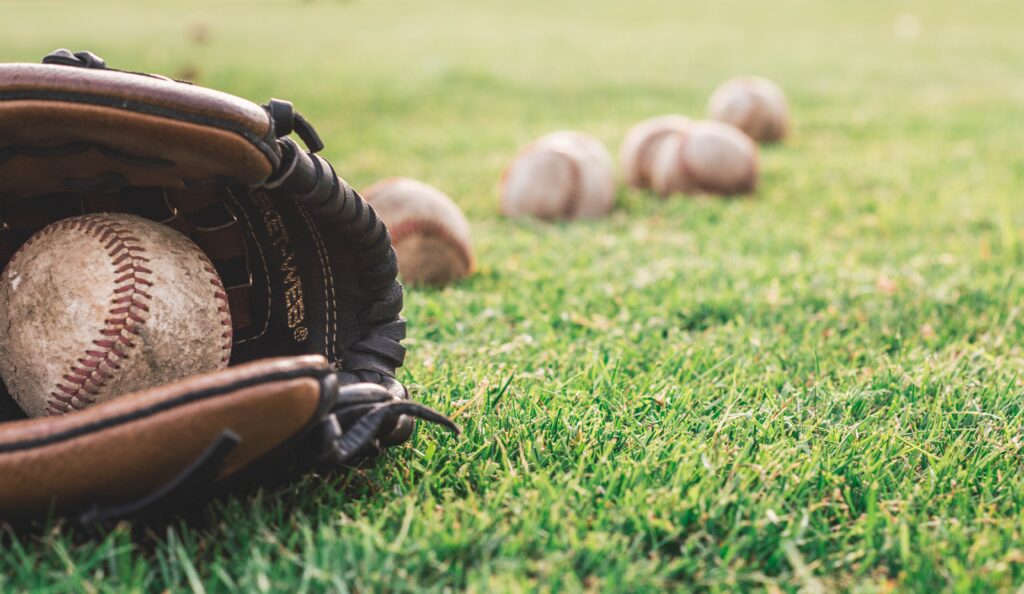Deprecated: explode(): Passing null to parameter #2 ($string) of type string is deprecated in /home/learnnewsports/public_html/wp-content/plugins/oxygen/component-framework/api/oxygen.element.class.php on line 1017
Deprecated: explode(): Passing null to parameter #2 ($string) of type string is deprecated in /home/learnnewsports/public_html/wp-content/plugins/oxygen/component-framework/api/oxygen.element.class.php on line 1017
Deprecated: explode(): Passing null to parameter #2 ($string) of type string is deprecated in /home/learnnewsports/public_html/wp-content/plugins/oxygen/component-framework/api/oxygen.element.class.php on line 1017
Deprecated: explode(): Passing null to parameter #2 ($string) of type string is deprecated in /home/learnnewsports/public_html/wp-content/plugins/oxygen/component-framework/api/oxygen.element.class.php on line 1017
Deprecated: explode(): Passing null to parameter #2 ($string) of type string is deprecated in /home/learnnewsports/public_html/wp-content/plugins/oxygen/component-framework/api/oxygen.element.class.php on line 1017
Deprecated: explode(): Passing null to parameter #2 ($string) of type string is deprecated in /home/learnnewsports/public_html/wp-content/plugins/oxygen/component-framework/api/oxygen.element.class.php on line 1017
Deprecated: explode(): Passing null to parameter #2 ($string) of type string is deprecated in /home/learnnewsports/public_html/wp-content/plugins/oxygen/component-framework/api/oxygen.element.class.php on line 1017
Deprecated: explode(): Passing null to parameter #2 ($string) of type string is deprecated in /home/learnnewsports/public_html/wp-content/plugins/oxygen/component-framework/api/oxygen.element.class.php on line 1017
Deprecated: explode(): Passing null to parameter #2 ($string) of type string is deprecated in /home/learnnewsports/public_html/wp-content/plugins/oxygen/component-framework/api/oxygen.element.class.php on line 1017
Deprecated: explode(): Passing null to parameter #2 ($string) of type string is deprecated in /home/learnnewsports/public_html/wp-content/plugins/oxygen/component-framework/api/oxygen.element.class.php on line 1017
Deprecated: explode(): Passing null to parameter #2 ($string) of type string is deprecated in /home/learnnewsports/public_html/wp-content/plugins/oxygen/component-framework/api/oxygen.element.class.php on line 1017
Deprecated: explode(): Passing null to parameter #2 ($string) of type string is deprecated in /home/learnnewsports/public_html/wp-content/plugins/oxygen/component-framework/api/oxygen.element.class.php on line 1017
Deprecated: explode(): Passing null to parameter #2 ($string) of type string is deprecated in /home/learnnewsports/public_html/wp-content/plugins/oxygen/component-framework/api/oxygen.element.class.php on line 1017
Deprecated: explode(): Passing null to parameter #2 ($string) of type string is deprecated in /home/learnnewsports/public_html/wp-content/plugins/oxygen/component-framework/api/oxygen.element.class.php on line 1017
Deprecated: explode(): Passing null to parameter #2 ($string) of type string is deprecated in /home/learnnewsports/public_html/wp-content/plugins/oxygen/component-framework/api/oxygen.element.class.php on line 1017
Deprecated: explode(): Passing null to parameter #2 ($string) of type string is deprecated in /home/learnnewsports/public_html/wp-content/plugins/oxygen/component-framework/api/oxygen.element.class.php on line 1017
Deprecated: explode(): Passing null to parameter #2 ($string) of type string is deprecated in /home/learnnewsports/public_html/wp-content/plugins/oxygen/component-framework/api/oxygen.element.class.php on line 1017
Deprecated: explode(): Passing null to parameter #2 ($string) of type string is deprecated in /home/learnnewsports/public_html/wp-content/plugins/oxygen/component-framework/api/oxygen.element.class.php on line 1017
Deprecated: explode(): Passing null to parameter #2 ($string) of type string is deprecated in /home/learnnewsports/public_html/wp-content/plugins/oxygen/component-framework/api/oxygen.element.class.php on line 1017
Deprecated: explode(): Passing null to parameter #2 ($string) of type string is deprecated in /home/learnnewsports/public_html/wp-content/plugins/oxygen/component-framework/api/oxygen.element.class.php on line 1017
Deprecated: explode(): Passing null to parameter #2 ($string) of type string is deprecated in /home/learnnewsports/public_html/wp-content/plugins/oxygen/component-framework/api/oxygen.element.class.php on line 1017
Deprecated: explode(): Passing null to parameter #2 ($string) of type string is deprecated in /home/learnnewsports/public_html/wp-content/plugins/oxygen/component-framework/api/oxygen.element.class.php on line 1017
Deprecated: explode(): Passing null to parameter #2 ($string) of type string is deprecated in /home/learnnewsports/public_html/wp-content/plugins/oxygen/component-framework/api/oxygen.element.class.php on line 1017
Deprecated: explode(): Passing null to parameter #2 ($string) of type string is deprecated in /home/learnnewsports/public_html/wp-content/plugins/oxygen/component-framework/api/oxygen.element.class.php on line 1017
Deprecated: explode(): Passing null to parameter #2 ($string) of type string is deprecated in /home/learnnewsports/public_html/wp-content/plugins/oxygen/component-framework/api/oxygen.element.class.php on line 1017
Deprecated: explode(): Passing null to parameter #2 ($string) of type string is deprecated in /home/learnnewsports/public_html/wp-content/plugins/oxygen/component-framework/api/oxygen.element.class.php on line 1017
Deprecated: explode(): Passing null to parameter #2 ($string) of type string is deprecated in /home/learnnewsports/public_html/wp-content/plugins/oxygen/component-framework/api/oxygen.element.class.php on line 1017
Deprecated: explode(): Passing null to parameter #2 ($string) of type string is deprecated in /home/learnnewsports/public_html/wp-content/plugins/oxygen/component-framework/api/oxygen.element.class.php on line 1017
Deprecated: explode(): Passing null to parameter #2 ($string) of type string is deprecated in /home/learnnewsports/public_html/wp-content/plugins/oxygen/component-framework/api/oxygen.element.class.php on line 1017
Deprecated: explode(): Passing null to parameter #2 ($string) of type string is deprecated in /home/learnnewsports/public_html/wp-content/plugins/oxygen/component-framework/api/oxygen.element.class.php on line 1017
Deprecated: explode(): Passing null to parameter #2 ($string) of type string is deprecated in /home/learnnewsports/public_html/wp-content/plugins/oxygen/component-framework/api/oxygen.element.class.php on line 1017
Deprecated: explode(): Passing null to parameter #2 ($string) of type string is deprecated in /home/learnnewsports/public_html/wp-content/plugins/oxygen/component-framework/api/oxygen.element.class.php on line 1017
Deprecated: explode(): Passing null to parameter #2 ($string) of type string is deprecated in /home/learnnewsports/public_html/wp-content/plugins/oxygen/component-framework/api/oxygen.element.class.php on line 1017
Deprecated: explode(): Passing null to parameter #2 ($string) of type string is deprecated in /home/learnnewsports/public_html/wp-content/plugins/oxygen/component-framework/api/oxygen.element.class.php on line 1017
Deprecated: explode(): Passing null to parameter #2 ($string) of type string is deprecated in /home/learnnewsports/public_html/wp-content/plugins/oxygen/component-framework/api/oxygen.element.class.php on line 1017
Deprecated: explode(): Passing null to parameter #2 ($string) of type string is deprecated in /home/learnnewsports/public_html/wp-content/plugins/oxygen/component-framework/api/oxygen.element.class.php on line 1017
Deprecated: explode(): Passing null to parameter #2 ($string) of type string is deprecated in /home/learnnewsports/public_html/wp-content/plugins/oxygen/component-framework/api/oxygen.element.class.php on line 1017
Deprecated: explode(): Passing null to parameter #2 ($string) of type string is deprecated in /home/learnnewsports/public_html/wp-content/plugins/oxygen/component-framework/api/oxygen.element.class.php on line 1017
Deprecated: explode(): Passing null to parameter #2 ($string) of type string is deprecated in /home/learnnewsports/public_html/wp-content/plugins/oxygen/component-framework/api/oxygen.element.class.php on line 1017
Deprecated: explode(): Passing null to parameter #2 ($string) of type string is deprecated in /home/learnnewsports/public_html/wp-content/plugins/oxygen/component-framework/api/oxygen.element.class.php on line 1017
Deprecated: explode(): Passing null to parameter #2 ($string) of type string is deprecated in /home/learnnewsports/public_html/wp-content/plugins/oxygen/component-framework/api/oxygen.element.class.php on line 1017
Deprecated: explode(): Passing null to parameter #2 ($string) of type string is deprecated in /home/learnnewsports/public_html/wp-content/plugins/oxygen/component-framework/api/oxygen.element.class.php on line 1017
Deprecated: explode(): Passing null to parameter #2 ($string) of type string is deprecated in /home/learnnewsports/public_html/wp-content/plugins/oxygen/component-framework/api/oxygen.element.class.php on line 1017
Deprecated: explode(): Passing null to parameter #2 ($string) of type string is deprecated in /home/learnnewsports/public_html/wp-content/plugins/oxygen/component-framework/api/oxygen.element.class.php on line 1017
Deprecated: explode(): Passing null to parameter #2 ($string) of type string is deprecated in /home/learnnewsports/public_html/wp-content/plugins/oxygen/component-framework/api/oxygen.element.class.php on line 1017
Deprecated: explode(): Passing null to parameter #2 ($string) of type string is deprecated in /home/learnnewsports/public_html/wp-content/plugins/oxygen/component-framework/api/oxygen.element.class.php on line 1017
Deprecated: explode(): Passing null to parameter #2 ($string) of type string is deprecated in /home/learnnewsports/public_html/wp-content/plugins/oxygen/component-framework/api/oxygen.element.class.php on line 1017
Deprecated: explode(): Passing null to parameter #2 ($string) of type string is deprecated in /home/learnnewsports/public_html/wp-content/plugins/oxygen/component-framework/api/oxygen.element.class.php on line 1017
Deprecated: explode(): Passing null to parameter #2 ($string) of type string is deprecated in /home/learnnewsports/public_html/wp-content/plugins/oxygen/component-framework/api/oxygen.element.class.php on line 1017
Deprecated: explode(): Passing null to parameter #2 ($string) of type string is deprecated in /home/learnnewsports/public_html/wp-content/plugins/oxygen/component-framework/api/oxygen.element.class.php on line 1017
Deprecated: explode(): Passing null to parameter #2 ($string) of type string is deprecated in /home/learnnewsports/public_html/wp-content/plugins/oxygen/component-framework/api/oxygen.element.class.php on line 1017
Deprecated: explode(): Passing null to parameter #2 ($string) of type string is deprecated in /home/learnnewsports/public_html/wp-content/plugins/oxygen/component-framework/api/oxygen.element.class.php on line 1017
Contact us




